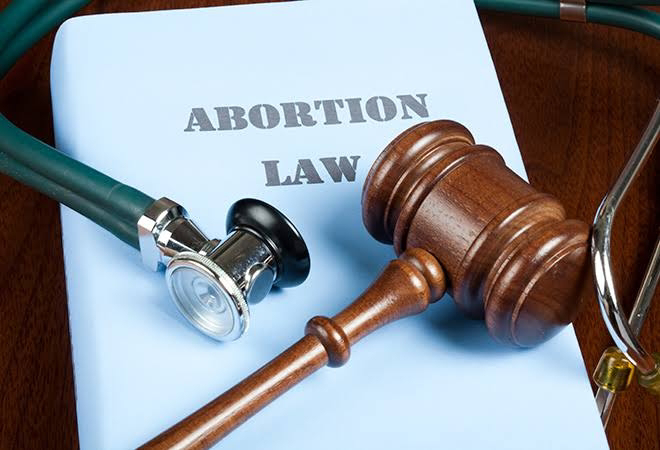Title: A Retrospective Analysis of Abortion Laws in India
Author:- Udbhav Mehta , a student of Faculty of Law, Delhi University
With the Supreme Court of Mexico recently decriminalizing abortion, let us take a moment to ruminate about the origin and framework of prevailing abortion laws in India.
Abortion in India has been legal under various circumstances ever since the legislation Medical Termination of Pregnancy,1971 came into existence. Before the law came into being, abortion was criminalized under Section 312 of the Indian Penal Code,1860 where it was described as ‘intentionally causing miscarriage’ except when abortion was performed to save the life of the mother. The law did not recognise the validity of medically safe induced abortions and did not differentiate it from miscarriages or spontaneous abortions.
The situation was such because of the religious conservatism towards abortion, which was considered to be akin to murder. On top of the pressure asserted on political institutions by the rigid religiosity of the citizens, most abortions were performed by quacks1 ( people pretending to be medical professionals but possessing no certified skills to carry out the complex procedures involved in a safe abortion) which resulted in numerous deaths due to unsafe abortions. Out of the estimated 500 million abortions carried out every year before the MTPA 1971 was enacted, approximately 3 million of them were illegal abortions2.
In 1964, the government constituted a committee led by Shanti Lal Shah to carry out a comprehensive review of the socio-cultural, legal and medical aspects of abortion. In 1966, the committee gave its recommendations where it called the law under Section 312 restrictive and called for the liberalisation of abortion laws to allow for termination of pregnancy by a medical practitioner under other conditions3. These recommendations were accepted by the legislature and passed as the Medical Termination of Pregnancy Act of 1971.
The main features of the Act were that it outlined4:
(A) When the pregnancy may be terminated by registered medical practitioners:
when pregnancy does not exceed 12 weeks and the requirement of the opinion of a registered medical practitioner.
when pregnancy exceeds 12 weeks but not 20 weeks and the requirement of the opinion of 2 registered medical practitioners.
(B) Termination of pregnancy is permitted for certain conditions up to 20 weeks of gestation as detailed below:
If continuation of pregnancy would lead to death or grave injury to the mother.
If the child would suffer from physical and mental abnormalities.
If pregnancy is caused by rape.
If pregnancy is a result of a failure of contraceptives.
If the socio-economic condition of the family is poor and the couple already has 2–3 children5.
(C) Where the pregnancy may be terminated:
A hospital established or maintained by the government.
A place approved for this Act by the government.
Post 1971 there were amendments made to the Act in 1975 and 2002 which increased the upper gestation limit for abortion from 20 to 28 weeks in cases of rape or incest and allowed for abortion up to 20 weeks in cases of foetal abnormalities respectively. The latest and most important amendment was made in 2021 which increased the upper gestation limit from 20 to 24 weeks in certain cases such as women with disabilities, allowed unmarried women to terminate pregnancy based on failure of contraceptives, removed the need for spousal consent for married women and strengthened confidentiality clauses to protect the privacy of women seeking abortions.
__________________________________________________________________________
1 https://play.google.com/books/reader?id=ofK2EAAAQBAJ&pg=GBS.PA10&hl=en
2www.jstor.org/stable/43950395.
3REPORT OF SHANTI LAL SHAH COMMITTEE https://www.indianculture.gov.in/reports-proceedings/report-committee-study-question-legalisation-abortion
4 https://main.mohfw.gov.in/acts-rules-and-standards-health-sector/acts/mtp-act-1971




![Freedom of Speech in India [Indian Supreme court and Law of Sedition]](https://blogger.googleusercontent.com/img/a/AVvXsEiGLLUmLKq5Da6xDZplasOZHKRj-jOhWPkoeuy0_Eq757tUpOiHz-xooXwIlAjF0-hmBfi-TtMIv6on_sVgBXVq4wbWwnbsqLOcNX22S8C2aSq-ZuK3vn9wWAx8tXByYOBfwc0hs6b8RJV84YNFG2greouGKjup6g8kN-xVlchW33VHdSSmrhLC1BUEVbGp=w680)





